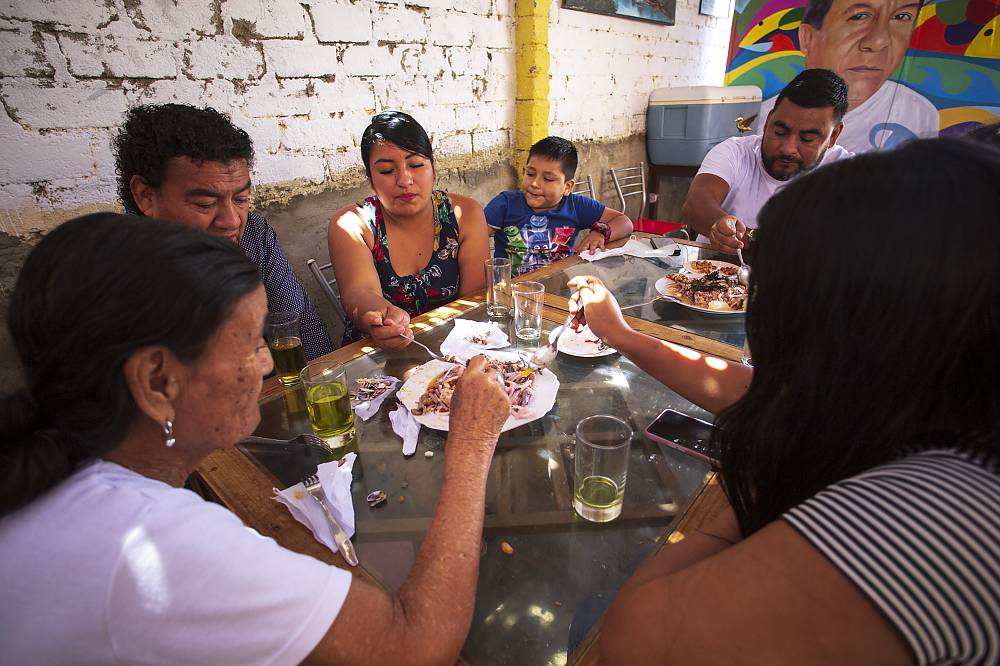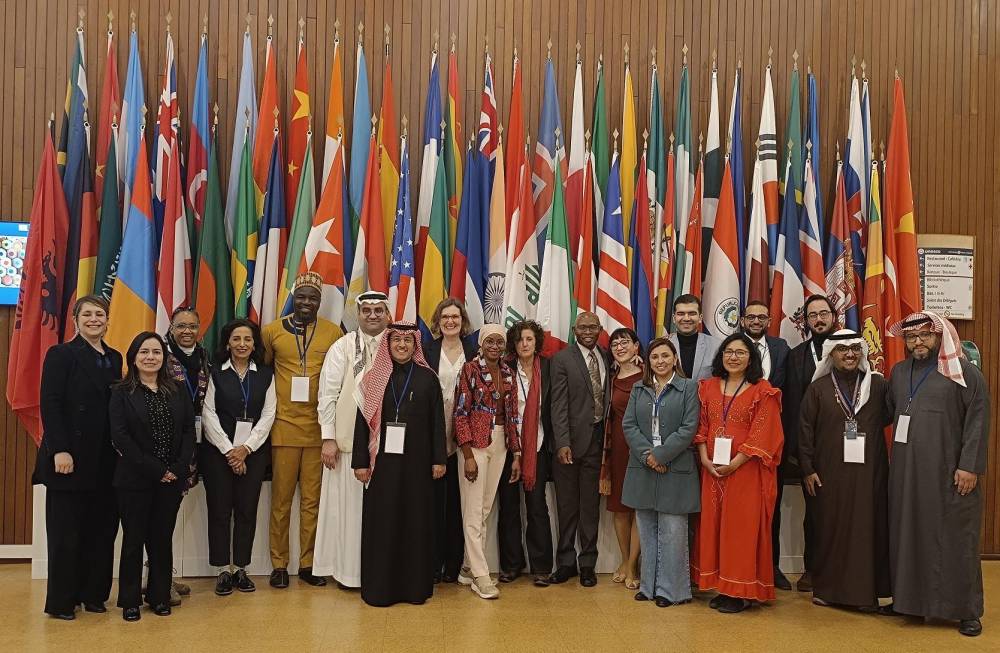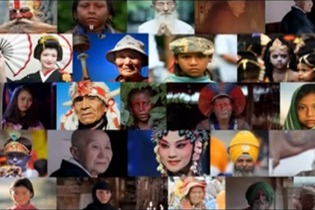Exploring opportunities for safeguarding foodways as living heritage through digital technologies

On 4 December 2023, UNESCO and the Kingdom of Saudi Arabia launched the project ‘International food atlas and digital platform for safeguarding, promoting, and transmitting foodways to future generations’, during the eighteenth session of the Intergovernmental Committee for the Safeguarding of Intangible Cultural Heritage in Kasane, Republic of Botswana.
Foodways, as well as knowledge and practices associated to food, can enhance synergies between culture and local development by reinforcing local economies, strengthening social cohesion and a local sense of pride, thus strengthening transmission and safeguarding of living heritage. With over 40 elements inscribed on the lists of the Convention, from 43 countries across the world; and 135 elements coming from 88 countries involving food and foodways as a relevant component, foodways represent an essential dimension of cultural heritage.
This new project intends to bring together all the different stakeholders involved in transmitting and safeguarding food and foodways in order to share knowledge, policies, and practices using digital technologies. By strengthening capacities of stakeholders and providing opportunities for them to meet and share experience, the objective of the project is to better reinforce the safeguarding of living heritage and to unleash its powerful role in sustainable development.
To enhance the understanding of foodways as living heritage, and to maximize impact, a six-month inception phase is being conducted, bringing together experts from across the globe to explore the opportunities and challenges identified. A dedicated workshop in March 2024 allowed for reflecting on modalities for integrating UNESCO’s Global Priority Africa and Gender Equality, as well as indigenous peoples’ experiences, in project implementation. The discussion recalled key principles, such as ensuring free, prior, and informed consent, including diverse voices and experiences, and encouraging cooperation and dialogue between stakeholders.

© UNESCO
The potential of digital technologies to raise awareness about foodways and its safeguarding, was among opportunities brought forward, as well as its role in supporting innovative policymaking for mainstreaming living heritage safeguarding in sustainable development policies.
The promise to leave no one behind at the heart of the 2030 Agenda echoes in response to the identified challenges. These include bridging the digital gap, emphasizing the importance of requesting free, prior, and informed consent of communities and bearers of living heritage, and mitigating the risk of aggravating inequalities in the digital environment as well as counteracting threats of misappropriation and ill-use.
Moving forward, the outcomes of this comprehensive inception phase will enable the definition of an implementation strategy in the coming months, expected to kick off in May 2024.

Address: 81, Laiguangying West Road, Chaoyang District, Beijing, China
Zip Code: 100021
Tel: 86-10-64966526
Fax: 86-10-64969281
E-mail: crihap@crihap.cn
Leave us your e-mail address, we'll let you know about current events.



